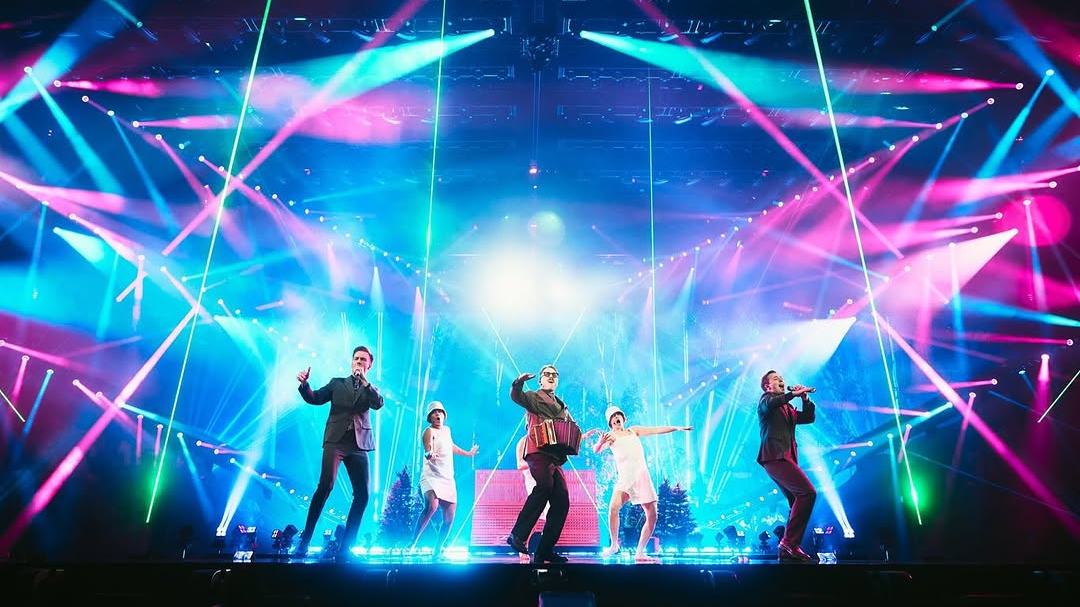Eurovision 2025: Basel's Grand Stage, UK’s Bold Entry, and the Race for Glory
Basel Takes Center Stage
The 69th Eurovision Song Contest is set to dazzle audiences from May 13 to 17, 2025, in Basel, Switzerland. This marks Basel's debut as host city, with events unfolding at the 12,400-seat St. Jakobshalle arena. Switzerland earned hosting rights following Nemo's 2024 victory with "The Code", marking the nation's third win and first since Céline Dion's triumph in 1988.
UK's Hope: Remember Monday
Representing the United Kingdom is the country-pop trio Remember Monday, performing their track "What the Hell Just Happened?". Internally selected by the BBC, the group comprises Charlotte Steele, Holly-Anne Hull, and Lauren Byrne. As part of the "Big Five", the UK automatically qualifies for the grand final.

Remember Mondays
Eurovision's Most Victorious Nation
Sweden holds the record for the most Eurovision wins, boasting seven victories. Their latest triumph came in 2023 with Loreen's "Tattoo".
Related: Nike Faces Backlash as XX-XY Athletics Challenges Its Stance on Women's Sports
Related: VE Day 2025: A Nation Remembers Amid Global Uncertainty

KAJ
Spotlight on 2025 Contenders
This year's contest features 37 participating countries. Notable entries include:
-
Sweden: KAJ with the viral hit "Bara Bada Bastu", a comedic Swedish-language song that's currently a favorite among bookmakers.
-
Israel: Yuval Raphael, a survivor of the October 2023 Hamas attack, performs "New Day Will Rise". His participation has sparked debates amid ongoing geopolitical tensions.
-
Spain: Melody returns with "Esa diva", a song celebrating female empowerment.
Other notable acts include Austria's JJ with "Wasted Love" and France's Louane presenting the heartfelt ballad "Maman".
A Contest Amid Controversy
Eurovision 2025 isn't without its controversies. Debates have arisen over Israel's participation due to its military actions in Gaza, leading to calls for exclusion by several countries and human rights groups. Additionally, new flag policies limiting on-stage displays to national flags have drawn criticism, particularly from LGBTQ+ advocates disappointed by the restriction on Pride flags.














